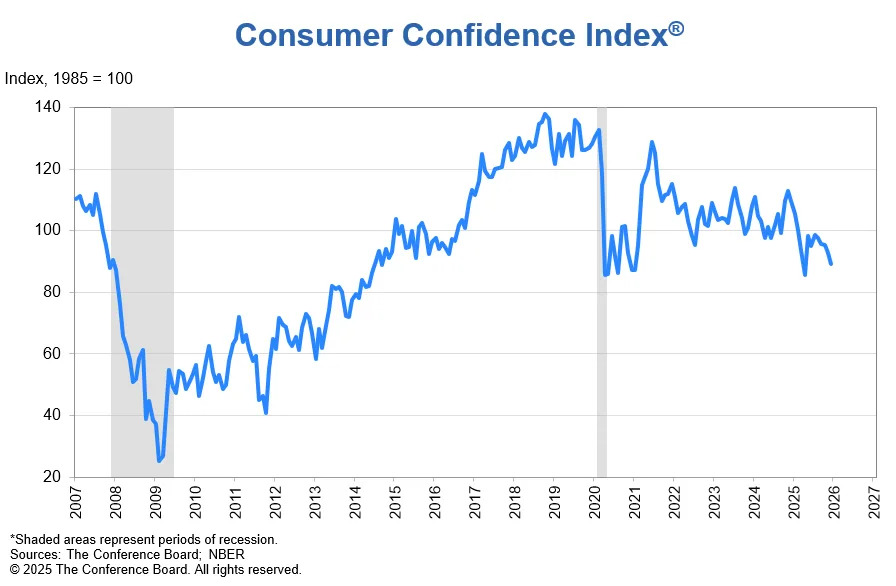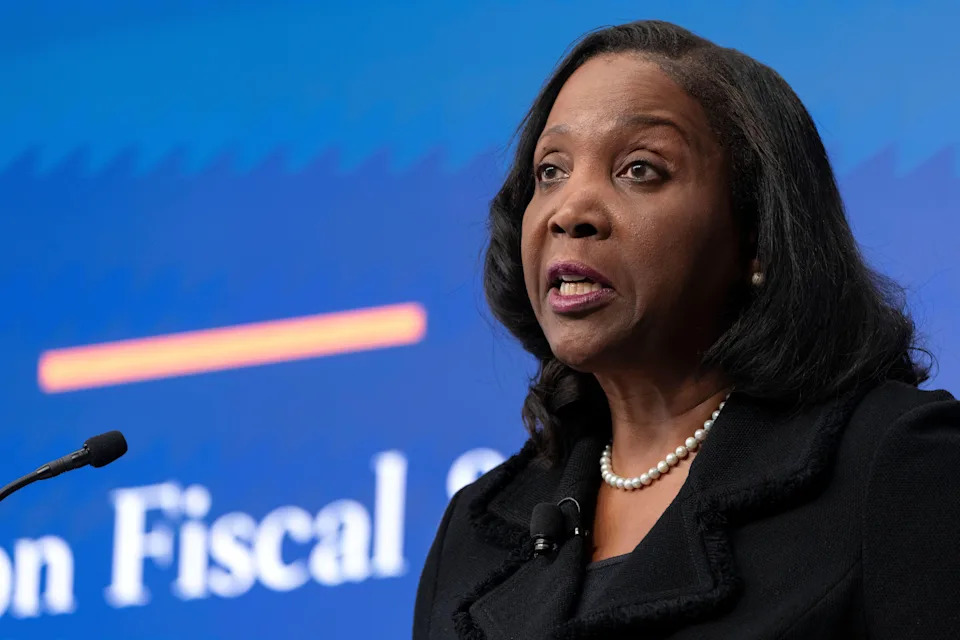
Centralized infrastructure requires DePIN adoption
Key Points
- Urgent Need for DePIN: Recent blackouts in Europe, South Africa, Pakistan, and Texas highlight the fragility of centralized infrastructure, emphasizing the critical need for Decentralized Physical Infrastructure Networks (DePIN) to ensure resilience.**
- Community-Driven Solutions: DePIN leverages blockchain technology to enable communities to build and manage infrastructure like internet and energy networks, reducing reliance on single points of failure.**
- Real-World Applications: Examples like wireless mesh networks in Dharamsala, India, and Red Hook, Brooklyn, demonstrate DePIN’s effectiveness in maintaining connectivity during crises.**
- Hybrid Approach: Combining decentralized systems with existing centralized infrastructure, as seen with initiatives like OpenRoaming, can enhance reliability and coverage.**
- Call to Action: Governments, telecoms, and enterprises must invest in and integrate DePIN to build robust, multi-layered systems for essential services before the next disaster strikes.**
Summary
Carlos Lei, co-founder and CEO of Uplink, argues in his Cointelegraph opinion piece that the frequent failure of centralized infrastructure, evidenced by recent blackouts in Europe, South Africa, Pakistan, and Texas, underscores the urgent need for Decentralized Physical Infrastructure Networks (DePIN). These networks, powered by blockchain, enable communities to collaboratively build and manage critical systems like internet and energy grids, reducing the risk of widespread failure inherent in centralized models. Lei highlights real-world DePIN successes, such as mesh networks in Dharamsala, India, and Red Hook, Brooklyn, which provided connectivity during crises. He advocates for a hybrid approach, integrating decentralized solutions with existing systems, as exemplified by OpenRoaming’s global WiFi connectivity. Lei stresses that DePIN isn’t just a futuristic concept but a necessity for resilience, urging governments, telecoms, and enterprises to invest in and prioritize decentralized infrastructure. He warns that connectivity is as vital as power itself, essential for safety and community survival during disasters, and calls for immediate action to fortify digital lifelines before the next crisis hits.
cointelegraph
June 3, 2025
Crypto


